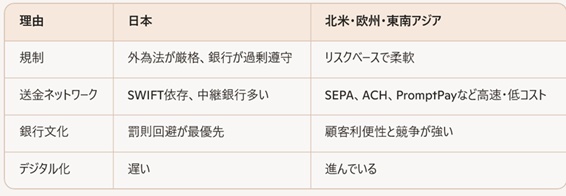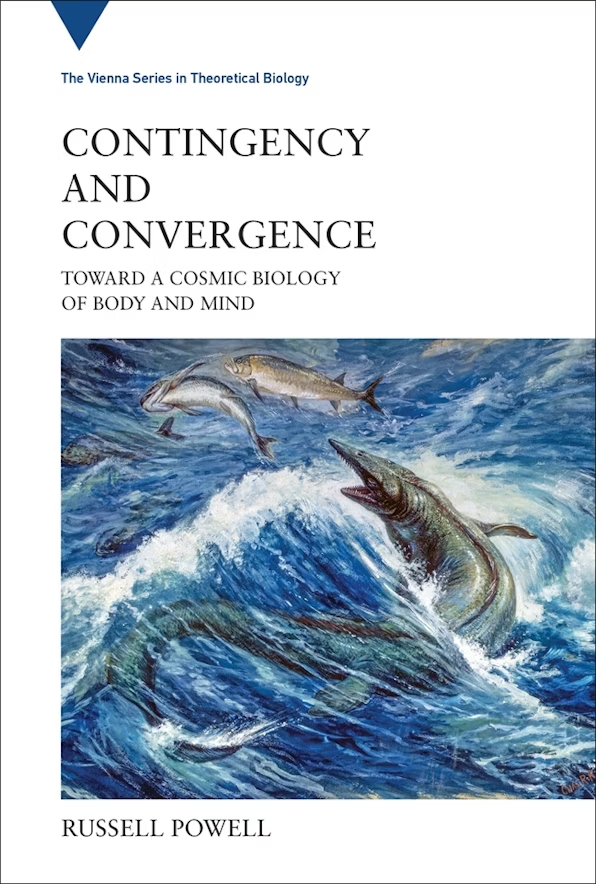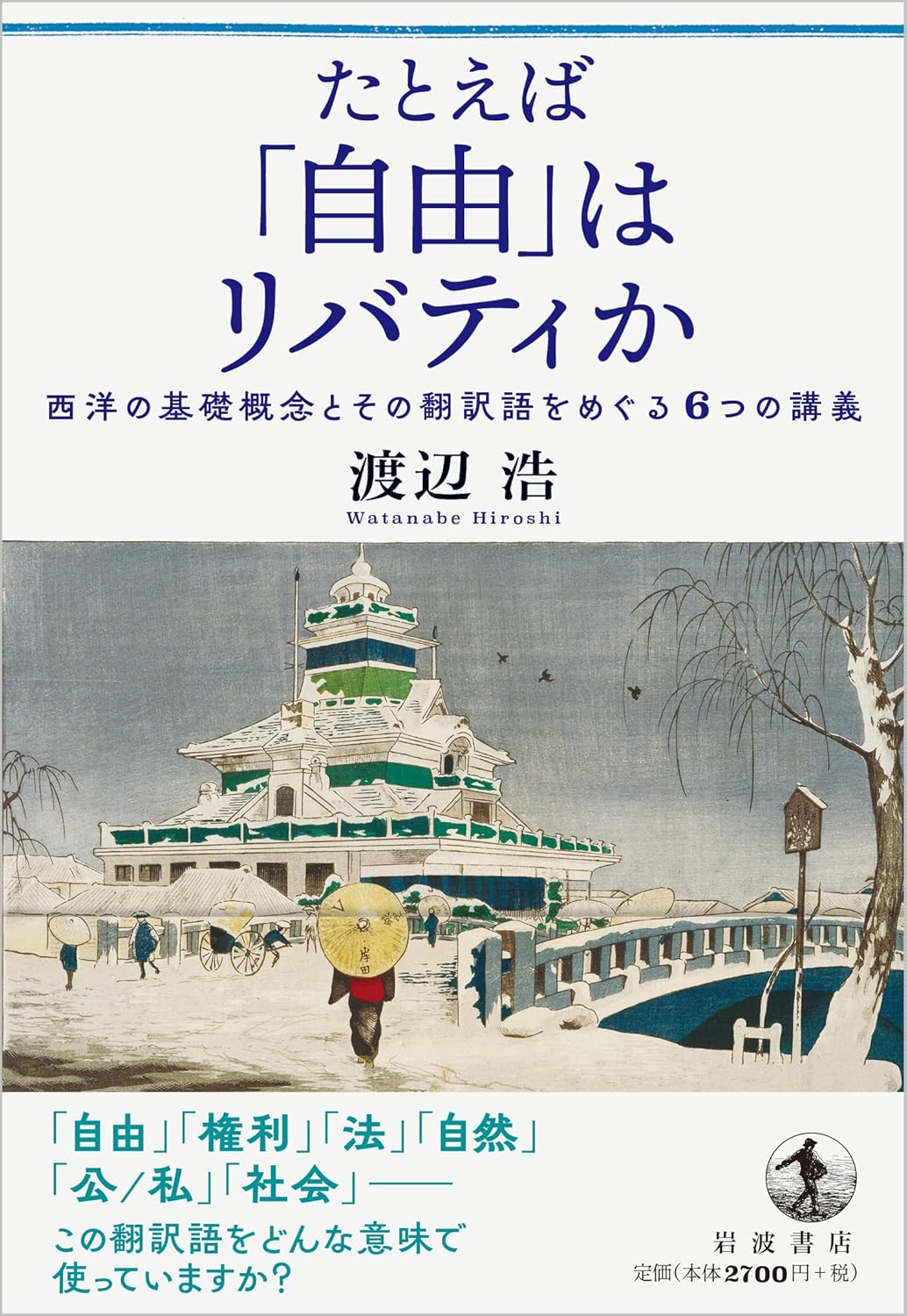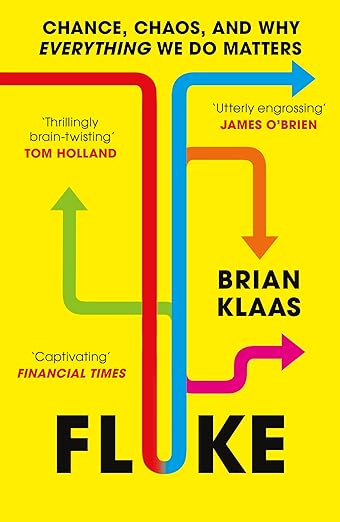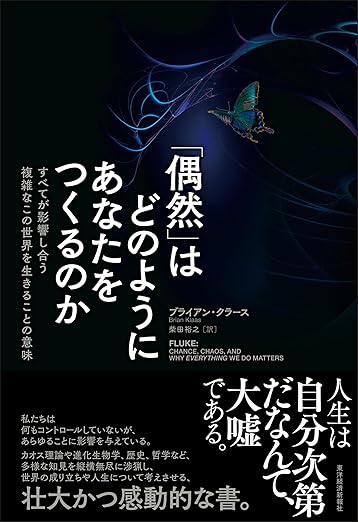日本の国籍を選択し外国の国籍を放棄する宣言をしさえすれば二重国籍は容認されるとか、日本の金融機関では非居住者は銀行口座を持てないというルールが一般的なのに実際には非居住者のほとんどが口座を持っているとか、日本の税制では海外資産が5,000万円を超える場合には国外財産調書を税務署に提出する義務があるとされているのにほとんどの人が提出していないとか、非居住者でもマイナンバーカードを持つことができるといっても誰も持とうとしないとか、海外の日本人にはグレーなことがたくさんあります。どれもバラバラな個別問題に見えますが、実は一本の線でつながっています。
ルールはある/けれど守られない/しかし国家も本気で取り締まらない/なのに責任だけは個人に降ってくる ー この「ねじれ」が、海外日本人の生をじわじわ疲れさせている感じがします。以下に少し整理してみます。
🧩 1. それぞれのグレーが示しているもの
- 二重国籍:「建前として禁止、運用として見て見ぬふり」
- 国籍選択宣言さえしておけば、実務上は二重国籍をほぼ問題にしない、という“暗黙の了解”が動いている。
- しかし、法律上はグレー/グレーというより一応「アウト」だが、国家は大規模に取り締まる気もない。
- 「強くは言わないけれど、あなたの責任でやってね」という、非常に日本的な責任の押し付け方になっています。
- 非居住者の銀行口座:「規定と実務の乖離」
- ルール(あるいは業界慣行)としては「非居住者NG」。
- ところが現実には、非居住者で普通に口座持っている人が多数派。
- 金融機関側も、本気で全員を整理する気も能力もなく、「バレたら対応する」レベルで運用している。
- 国外財産調書:「義務はあるが、実効性は限定的」
- 一定以上の海外資産があれば提出義務があるのに、多くの人が出していない。
- 税務署も、本気で海外日本人全員を網羅的に追う体制はない。
- 結果として、「真面目に出す人だけが丸裸になる」構図さえ生まれている。
- 非居住者のマイナンバーカード:「制度は作ったが、運用の意味づけが中途半端」
- 一応持てるが、非居住者にとってのメリット設計や、利用シーンが曖昧。
- 行政側も「作れるようにはしたが、どう使ってもらうのか」は深く考えていない感じがある。
- 結果として、誰も積極的には取りに行かない。
🧩 2. なぜこんなに「グレー」が生まれるのか
それは「日本国家の老い」の一つの症状だと思います。
- グローバル化に制度が追いついていない
- 日本の制度設計は、基本的に「日本国内で暮らす日本人」を前提に作られてきた。
- しかし現実には、長期海外在住、日本と他国を行き来、多重居住、複数通貨で資産運用…という生き方が一般化してきている。
- 制度は旧来の「定住前提」のまま、現実の人間だけが動いているので、必然的にグレーが生まれる。
- 「はっきり決めない文化」と「自己責任」の組み合わせ
- 日本は「白黒はっきりさせる」のが苦手な文化。
- 二重国籍も、口座も、税も、「本気で締め付けて全面的に取り締まる」か、「現実に合わせてルールを変える」か、どちらもやらない。
- その代わりに、「一応ルールはある」「あとは個人の判断で」という形にして、責任だけは個人に残す。
- 行政キャパシティの限界と既得権の維持
- もし本気で全部やろうとすると、莫大なコスト・人員・政治的対立が発生する。
- だから「ある程度グレーのままにしておいたほうが運営が楽」という行政側の本音もある。
- そうして、半分腐ったルールが温存されてしまう。
🧩 3. どうにもならないのか?
日本の制度全体を、スッキリと透明で合理的なものに変えるという意味での「どうにかする」は、かなり難しいです。少なくとも、
を考えると、「海外日本人のグレー問題」は、今後もしばらく“後回し”にされ続ける可能性が高い。そのうえで、個人として「どうにかする」余地がある部分を整理してみます。
🧩 4. 個人として取りうる3つのスタンス
どれが正しいというより、「自分はどこに線を引くか」を選ぶ話になります。
- コンプライアンス徹底型
- 法律・通達・実務のガイドラインをできる限り確認し、原則として守る。
- 国外財産調書を出す
- 非居住者向けの正規の口座に切り替える(あるいは整理する)
- 国籍の状態も、可能な限り法的に筋を通す
デメリットは、
- 手間がかかる
- 周りより損をしたように感じる
- 行政側の不備のツケを、自分が先に払わされる感覚があること。
メリットは、
- 将来のトラブルリスクが減る
- 心の負担が軽くなる
- 「自分のほうは、やることはやっている」という静かな安心がある。
- 実務優先+リスク管理型
- 「現実に合わせる」ことを前提にしつつ、
- リスクの大きいところだけはきちんと押さえる
- 証拠・履歴・説明可能性を残しておく
例えば、
- 税はできるだけ正直に申告するが、制度のグレー部分は専門家と相談しつつ落としどころを探る
- 口座も、使うものと整理するものを分けておく
要は、「グレーはゼロにはできないが、“悪質”とは見なされないラインを意識して生きる」というスタンスです。
- 戦略的ミニマリズム型
そもそも日本との関係(資産・制度・滞在)を意識的に減らしていく。
- 日本の口座を最低限にする
- 資産を他国に移しておく
- 日本の制度に依存しない生活設計をする
これは、「制度そのものを変える努力ではなく、“制度から距離を取る”という選択」。たとえば「多拠点生活」は、この方向にあります。
🧩 5. 「どうにもならない」を、そのままにしておかないために
一番つらいのは、グレーだと分かっているのに、「自分では何も選べない」と感じる状態だと思います。完全にクリーンにすることもできない。かといって、真っ黒にもなりたくない。だからこそ、
- どこは守るか
- どこは現実優先で割り切るか
- どこから先は関わらないか
この「線引き」を、自分の価値観と人生設計に合わせて決めていくしかない。そしてその時に必要なのは、正しい情報と、信頼できる専門家(税理士・弁護士)と、自分の中の“美意識”だと思います。
🧩 6. 最後に
「海外の日本人にはグレーなことが多い」というのは、単に制度の不備だけではなく、終わりつつある日本の国の“古い殻”と、その外側で生きようとする個人との摩擦のようにも見えます。
制度はすぐには変わらない。国家の老いも止まらない。でも、自分がどこに立ち、どこまで責任を引き受け、どこからは距離を取るかは、選べる。
もしよければ、
- どのあたりに線を引きたいのか
- どこまでは「まあ仕方ない」と思えて、どこから先が「もう耐えられない」のか
そのあたりを言語化してみませんか。そこから先は、かなり具体的な「生き方」と「実務」の話に落とせる気がします。
